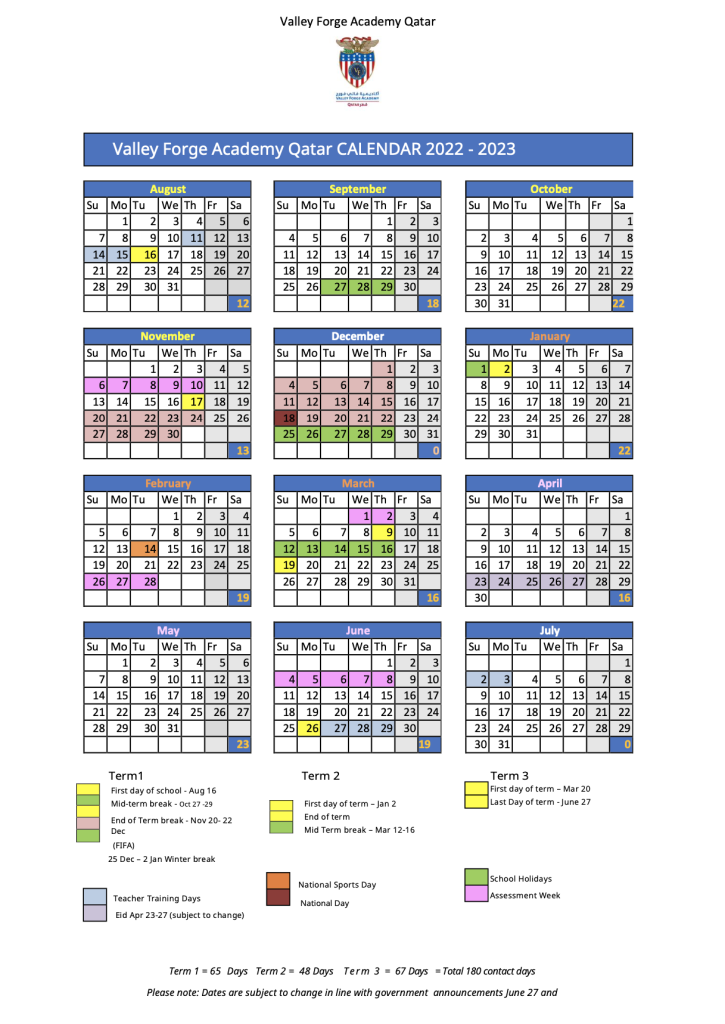Curriculum
Determined that its student cohort will be prepared for life, both in Qatar and other countries, Valley Forge Academy, will seek to set its curriculum with a global framework, paying particular attention to the contextual environment of Qatar and the Gulf Region.
Independent and collaborative learning
At the heart of the curriculum will be an emphasis on both independent and collaborative learning. Pupils will be taught to embrace learning as a lifelong aspiration. Delivery of the curriculum will include innovative use of digital technologies and pedagogies alongside more traditional methodology. The fabric of Valley Forge Academy in Qatar will be a holistic learning environment where teaching and learning takes place both inside and outside the classroom through both formal education and environmental osmosis. The importance of a rich landscape of curricular extension via gifted and talented programs, lecture series, community outreach and close links with universities and research programs will be evident.
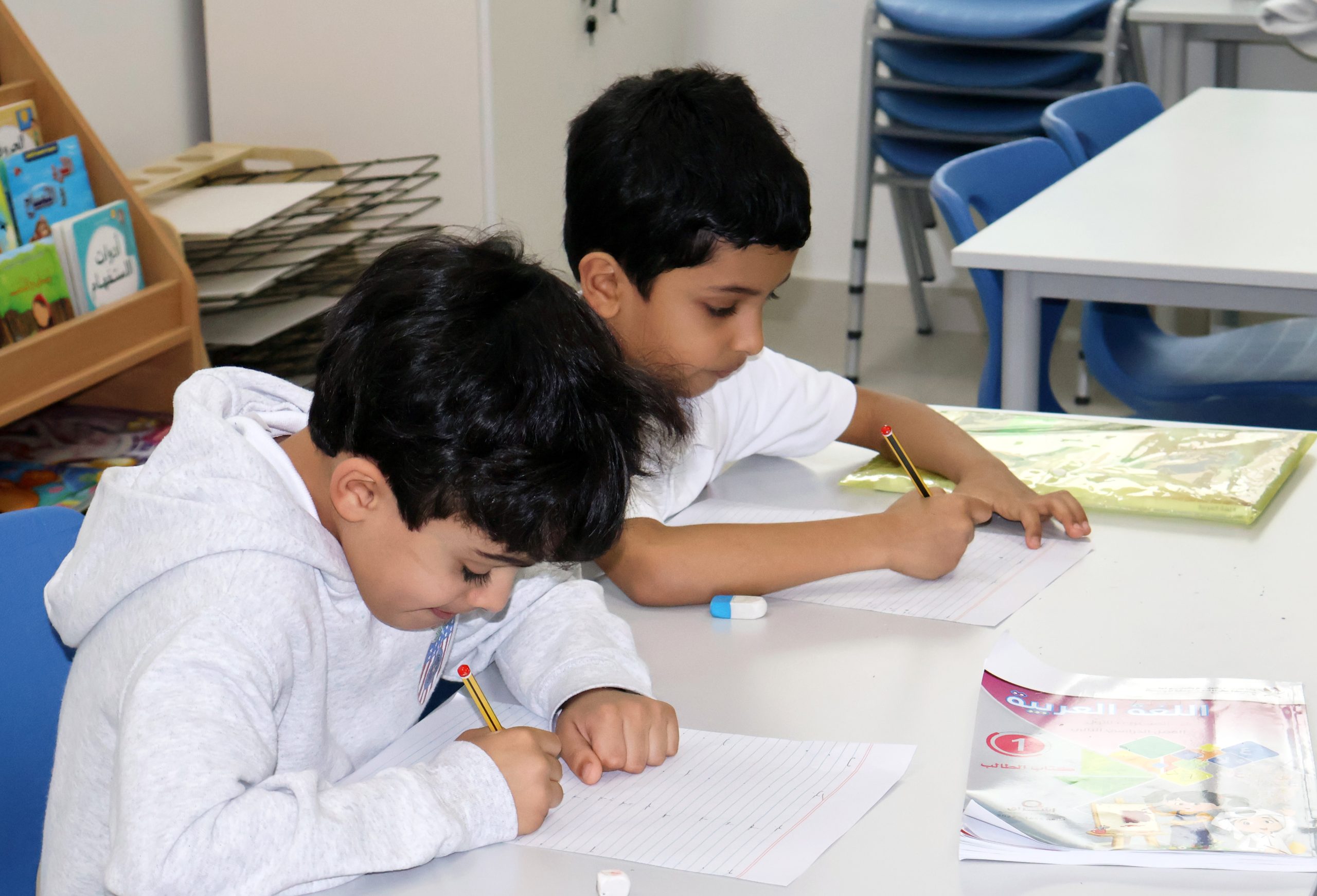
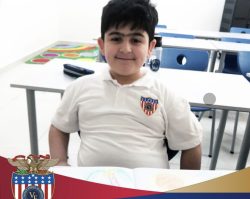
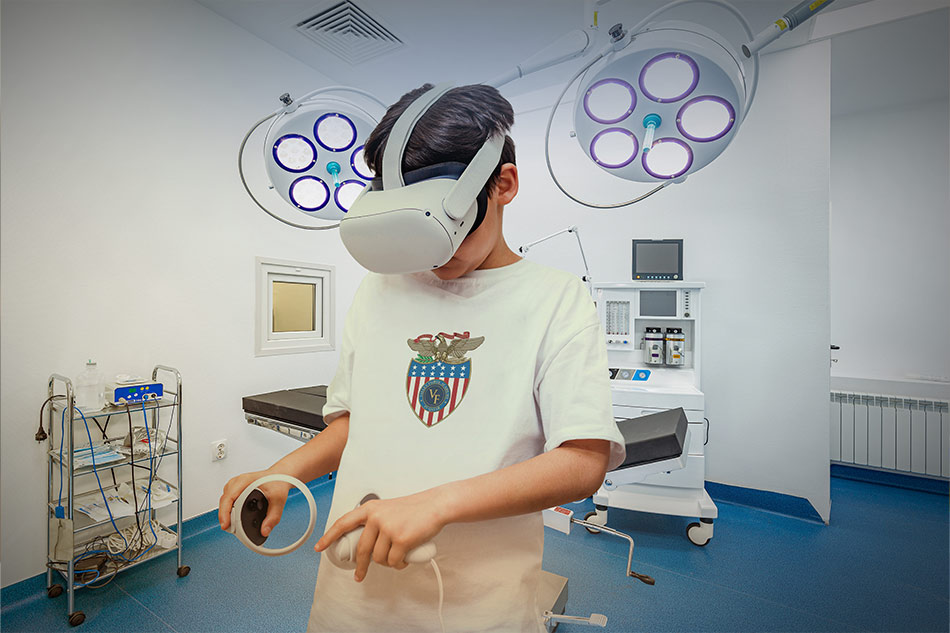

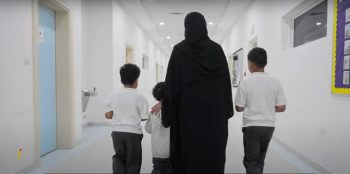
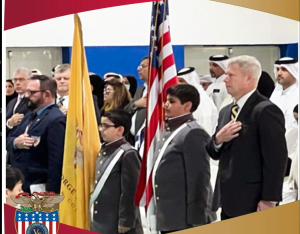
Prioritizing local culture, religion & language
The Arabic and Islamic Culture and Religion will operate as an integral component that will shape not just how Valley Forge Academy conducts its business but will be integrated into the fabric of the school. In order to benefit from the opportunity of being centrally located in Doha, our commitment will go beyond the statutory requirements and embrace the richness of the local language, culture and heritage. All enrolled students will be given early exposure to Arabic as a preparation for formal learning of the language. Cross curricular coordination will ensure that all of Valley Forge Academy students understand and appreciate the role and values of Islam and its heritage in Qatar, as well as the significance of these values across wider regional and global cultures too.
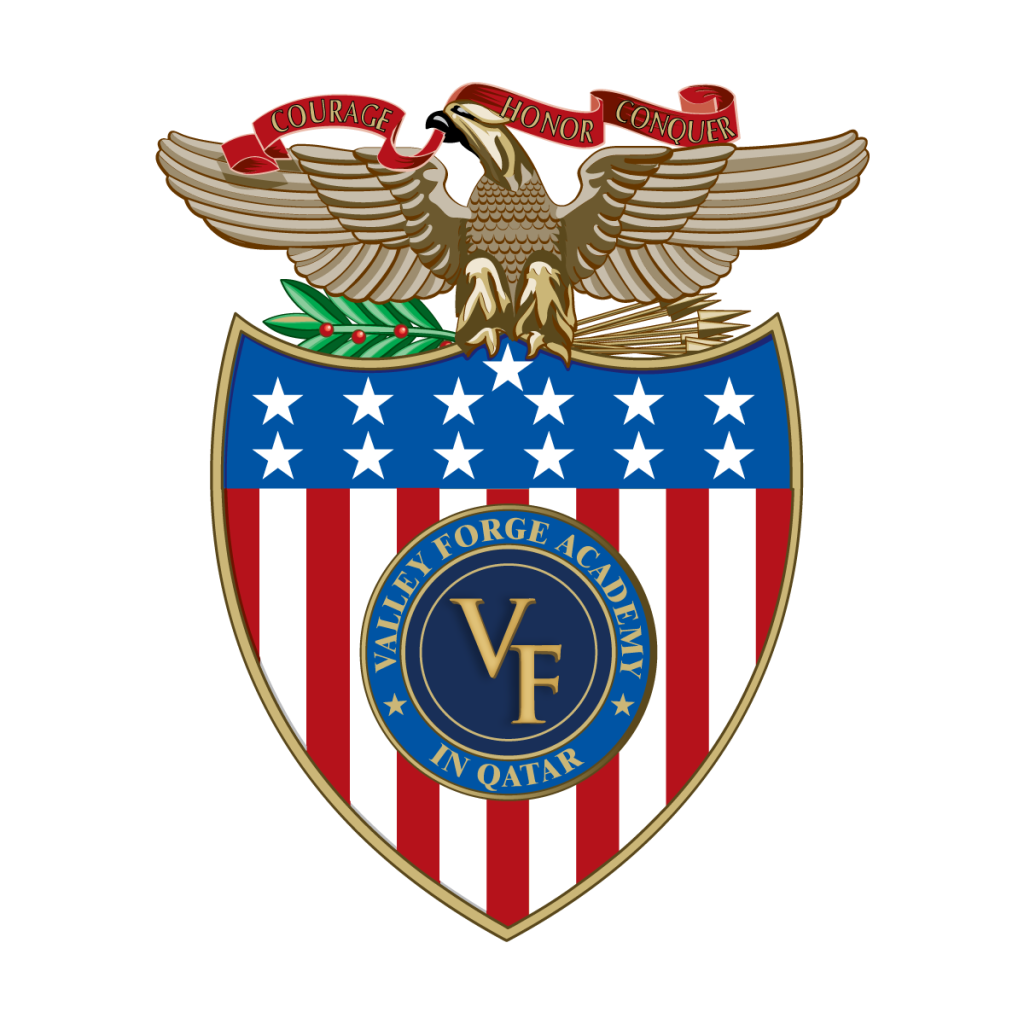
Elementary
Valley Forge Academy will follow best practices in early childhood education and development. Delivery will concentrate on engagement through playing and exploring to create a child’s willingness to ‘have a go’; motivation will be established through active learning to encourage children to keep trying and so enjoy what they are achieving. Children will be encouraged to think creatively so as to become able to develop their own ideas. Learning will place an emphasis on the development of a child’s personal social and emotional skills as well as their physical development, their use of language, and their wider communication skills. Activities, both child and teacher led, will develop a child’s mathematical and literacy skills as well as foster their expressive and artistic talents too. From the outset of a child’s time at Valley Forge Academy, learning will be provided for against a contextual environment of the school’s surrounding in Qatar, and indeed Qatar’s place in the wider global landscape.
As children move into grade 1 and 2, School lessons and the curriculum become more formal and assume greater structure. Skills introduced will be enhanced and new subjects will be introduced in a more formal manner, such as history, geography, science, creative writing. Assessment of mathematical and linguistic skills and development will be more formally recorded, and pupils will be introduced to the idea of independent and collaborative learning through focused but small-scale research projects. Lesson plans will assume a more recognizable structure and pupils will experience some teacher-led activities and instruction, a considerable amount of learning through role-play and greater expectations in terms of concentration and task driven exercises. A limited amount of homework will be introduced. The emphasis in this stage of education is to prepare pupils for transition to higher school grades with both a high level of numeracy and literacy skills, a creative mind and an understanding of classroom expectations, as well as the formality of testing and assessment. A real desire to learn will have been instilled ready for the children to transition to their secondary education. Greater use of technology and e-learning will be in evidence.
In this stage students will follow a wide-ranging curriculum. All lessons will be planned according to departmental schemes of work with increasing expectations for student led activities. Opportunities for independent and collaborative learning will increase and more complex research tasks will be set. Students can expect to move through a range of planned activities in most lessons, with staff using regular confirmation exercises to assess learning and progress within a class or across a topic. Assessment and revision will be regular and important aspects of all subjects, both for departmental purposes and feeding into the school’s tracking and assessment procedures. Critical and creative thinking skills will be developed as foundations of success. Homework will increase in quantity and range. Increasingly pupils will be encouraged to use e-learning techniques both in class and for homework. Use of technology will allow for great variety and innovation in class.
During the following years students will have focused their curricula with all students following a core syllabus of math, science (either separate or dual award), native language, English (as a first or second language), usually another modern language plus three optional subjects. Whilst the course content will be prescribed by the course specifications there will still be an emphasis on teaching creativity, independent learning, collaborative learning and digital innovation. In preparation for the transition to high grades students’ analytical skills will be established to support more effective research, their powers of argument and evaluation will be enhanced to develop the students’ abilities to present their findings, and their time management will come under greater scrutiny. Students will be encouraged to consider everything that they study in the context of Qatar and its international standing. Assessment will be according to examination criteria. Pupils will experience much greater one to one feedback on work, with target for improvement very clearly identified and monitored. Regular reviews of work, file organization, progress and skills will take place. Student self-assessment will form an important part of the assessment procedures. Once again e-learning will be central to the classroom and homework experience.
Valley Forge Academy students will have begun to develop into genuine independent learners, they will have become highly aspirational, aware of their strengths and weaknesses and working in a highly collaborative way with each other and with staff. Opportunities for research, intellectual enrichment and the development of critical thinking skills will be regular and progressive. Students will find that they are expected to manage their time with less direction from staff. They will be exposed to newer instructional styles, including larger seminar and lecture style lessons, in which note taking and analytical skills will increasingly be developed. All pupils in these years will have timetabled one to one tutorials with their academic mentor in which critical thinking skills will be taught and practiced. Pupils will be expected to utilize a wider range of research tools including digital sources and e-learning opportunities, the library, the media and external bodies.
